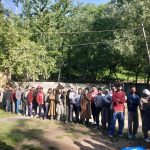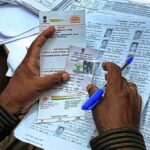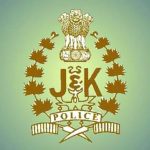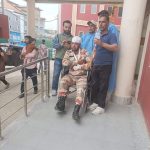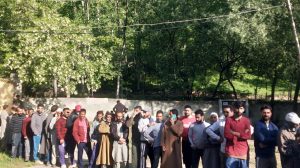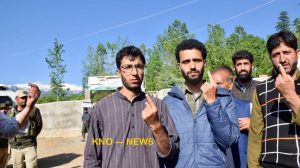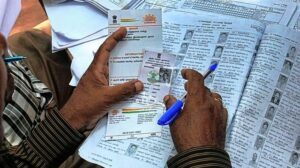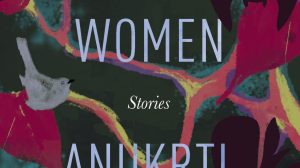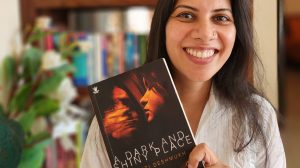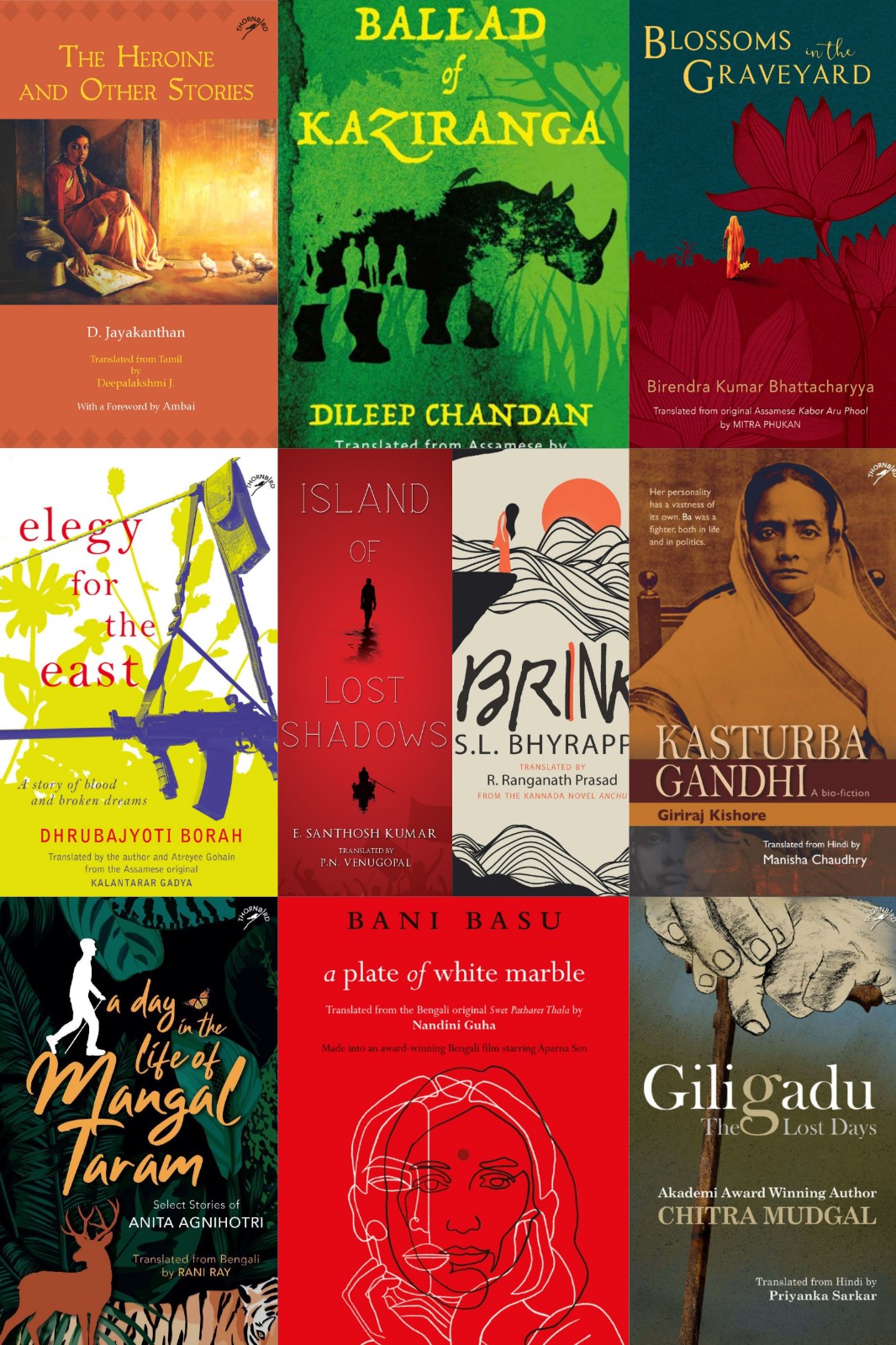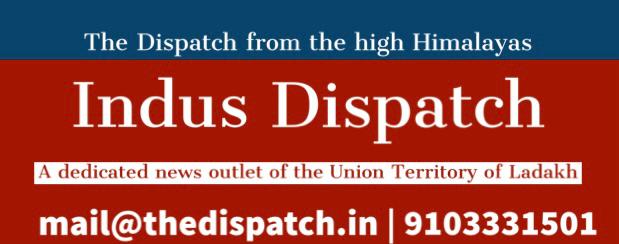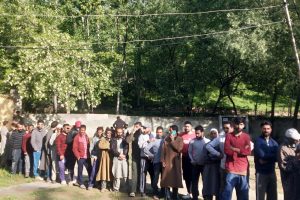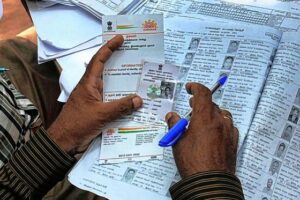The publisher Niyogi Books in collaboration with Indian Novels Collective is offering Kindle e-books from Indian literature in translation, which can be downloaded from the Amazon Kindle Store at the price of INR 1.
They have collaborated for celebrating World Book Day and are giving this offer to readers, so that they can delve into reading some exciting and thought-provoking books. From 24th April, 2021 till 13th May, 2021, one book out of the 20 will be available to be downloaded each day from 00.00 hours to 23.59 hours.
Even if readers have missed out on downloading some of the books, they can download the other books for which the offer is remaining. This initiative for celebrating World Book Day would be on till 13th May.
The books which are available for download are from the Thornbird imprint of Niyogi books, which is their imprint for publishing books in translation.
Speaking about the initiative, Trisha Niyogi, Chief Operating Officer and Director at Niyogi Books said, “The second wave of Covid seems grave and the news and everything around us can make us very anxious. To try and keep that anxiety at bay, we thought we could do our small part by sharing some books with the reader community. Books steadfastly continue to be our safe place, comforting haven and trusted confidantes both through tranquility and turbulence. With that in mind, Niyogi Books curated a special list for readers to pick from a compelling mélange of Indian language literature in translation.”
When asked about why Niyogi Books chose the books translated from Indian regional languages for this initiative, she added, “We chose these books, keeping in mind, that Indian literature in translation, has myriad perspectives and is still under-read. The feeling of discovering great books is a very positive one. Hence, this initiative. I sincerely hope it reaches out to a lot of people and serves the purpose we desire it to have.”
Scroll down below to have a look at the books which can be downloaded for Re. 1. The books can be downloaded on specific dates which have been mentioned along with the titles, and readers can download them from Amazon Kindle (The link for the Kindle books can be accessed by clicking on the book’s title in this article).
24 April: The Heroine and Other Stories by D. Jayakanthan (translated from Tamil)
D. Jayakanthan’s short stories depict the life of common people in Tamil Nadu in the middle of the 20th century and reflect his progressive thinking. Selected and translated by the author’s daughter, these stories sensitively explore situations in the lives of both the marginalized and the middle class and comprise some of the best of his writing.
A review in Scroll.in reads, “The collection ably guides both the initiated and the novice – as far as Jayakanthan’s stories are concerned – though the intricate and beautiful, yet disquieting and haunting, landscape of his world.”
25 April: Ballad of Kaziranga by Dileep Chandan (translated from Assamese)
“Ballad of Kaziranga” is not a love story (although it does seep in), but rather, the story of love three friends share for the beautiful and majestic Kaziranga, in their own unique way. A riveting story, it also throws light on the current state of affairs in the national park and the problems plaguing it.
A book review in Scroll.in has this to say about the book – “This is a very different story from what we may have heard from Kaziranga. It is a personal story and therefore a more brazen one, jarring to the senses and a brave one to tell for the writer. A sense of longing is tucked into the words. It transports the reader to the forest.”
26 April: Blossoms in the Graveyard by Birendra Kumar Bhattacharyya (translated from Assamese)
This is the story of a young girl from a village in what is at that time East Pakistan as she journeys from dependence to self-reliance in the midst of the Bangladesh liberation struggle.
According to the book’s translator Mitra Phukan, “Translating the book was a very moving experience as the events that form the background to the story are ‘a part of recent history, whose reverberations and consequences are being felt, strongly, even today in the region in which I live.'”
27 April: Elegy for the East by Dhrubajyoti Borah (translated from Assamese)
This book explores the utter helplessness and travails of man in face of the relentless march of history.
An article in Financial Express reads, “The narrative still holds relevance today because it talks about dreams and despair, illusions and dilemma of the youth in one of the most geographically and ethnically volatile regions of the country.”
Read an excerpt from the book Elegy for the East here.
28 April: Brink by S.L. Bhyrappa (translated from Kannada)
The English translation of the epic Kannada novel “Anchu” by the renowned author S.L. Bhyrappa, “Brink” is a love saga between Somashekhar, a widower, and Amrita, an estranged woman. The novel deliberates on the moral, philosophical, and physical aspects of love between a man and a woman.
An article in FirstPost says this about the book – “With this, he set his imagination to work, crafting astoundingly real characters, their stream of consciousness displaying Bhyrappa’s acute mindfulness; every sentence falls exactly where it must, none of his characters’ thoughts escaping the writer’s pen.”
29 April: Kasturba Gandhi: A Bio-fiction by Giriraj Kishore (translated from Hindi)
This is the fictionalised biography of Kasturba Gandhi, a lady as strong and great as Mahatma Gandhi. The book gives a glimpse of how a strong woman can empower herself staying within the folds of tradition and convention.
An article in Deccan Chronicle states, “Kasturba Gandhi, a bio-fiction written in Hindi by Giriraj Kishore and translated into English by Manisha Chaudhry is a must-read, because it is one of those rare works, where a writer picks up an over-shadowed historical figure and brings to life their amazing journey using facts and his/her imagination.”
30 April: A Plate of White Marble by Bani Basu (translated from Bengali)
First published in 1990, this book tells the tale of the ‘new woman’ of an era that just witnessed the independence of a nation. This first translation brings a significant Bengali novel with important social concerns to a wider audience.
A book review in SheThePeople reads, “Bani Basu has delivered such a poignant story, throwing light on the customs of that period, and gender-based discrimination within a patriarchal society that widows had to endure.”
Read an excerpt from the book A Plate of White Marble here.
1 May: A Day in the Life of Mangal Taram by Anita Agnihotri (translated from Bengali)
“A Day in the Life of Mangal Taram” is a careful selection of 14 stories out of over 200 short stories written by Anita Agnihotri spanning over three decades. Anita Agnihotri’s stories traverse a wide range of human emotions, discover the myriad complexities of relationships, and also takes the reader through a journey into the dynamics of an Indian reality.
A book review in The Hindu states, “Reading the 14 stories in this collection can be an exercise in gathering beautiful anthromorphic metaphors.”
2 May: Island of Lost Shadows by E. Santhosh Kumar (translated from Malayalam)
Through the voices of a myriad and sharply sketched characters, in this compelling tale that keeps the readers engrossed, the author brings to life the troubled times of the Seventies when sadistic excesses were the norm. He also explores the human mind and its tendency for corruption and depravity.
A review in TheNewsMinute reads, “This novel reads like one of our blockbuster movies. There’s action, drama, suspense, poetry, revolution, magic, sex, abuse and a complete lack of social order.”
3 May: Giligadu: The Lost Days by Chitra Mudgal (translated from Hindi)
This book, by the 2018 Sahitya Akademi Award winner Chitra Mudgal, is a multi-layered novelette, short in length yet deep in meaning and messages for urban India. Set in a time frame of 13 days, with two senior men as the main characters, it analyses the relevance of older values in present-day life and the need to change with the times.
The book has been translated from the Hindi by Priyanka Sarkar. Read an interview of the book’s translator Priyanka Sarkar here.

4 May: Beasts of Burden by Imayam (translated from Tamil)
The first novel of one of the best writers today, this book is set in the early 1970s when ritual status and payment in kind were giving way to cash wages, and gives readers an extraordinarily detailed picture of a lifestyle that has now passed.
A review in Hindustan Times reads, “25 years after it was first published in Tamil, Imayam’s Beasts of Burden, an intimate portrayal of a Mahadalit family, continues to be thought provoking for its depiction of caste oppression within Dalit communities.”
5 May: A Fistful of Mustard Seeds by E. Santhosh Kumar (translated from Malayalam)
The 12 stories in this book, originally written and published in Malayalam over a period of almost two decades, explores moral dilemmas, personal traumas and delves into the dark recesses of the soul.
A book review in The Hindu BusinessLine states, “E Santhosh Kumar’s collection of stories explores how everyday acts of resistance go a long way in changing power structures.”
6 May: Land Lust by Joginder Paul (translated from Urdu)
Evocative and crisp, Joginder Paul’s stories in “Land Lust” offer poignant glimpses of the unequal multiracial relations in colonial Kenya. Translated from the original Urdu, they evoke insightful moments of compassion from within the harsh xenophobic environs.
Read an excerpt from the book published in Scroll.in here.
7 May: Laila Ke Khutoot: The Letters of Laila by Qazi Abdul Ghaffar (translated from Urdu)
This book has been hailed as the ‘first specimen of a truly psychoanalytical fiction in Urdu’. Set in the early twentieth century, the Letters of Laila are not only a courtesan’s search for identity but also an exposition of the exploitation of women by a complacent and hypocritical society.
8 May: In the Glow of Your Being by Govind Mishra (translated from Hindi)
This book examines the issues faced by the modern Indian woman and probes deep into the question of a woman’s freedom and its denial by society. It delves into an intelligent, working woman’s dilemma: how, though working alongside her male colleagues, she is expected to be unaffected by any emotional baggage that such close association triggers off, more so if the woman has both beauty and brains.
9 May: Kayakalpa: The Elixir of Everlasting Youth by Lakshmi Nandan Bora (translated from Assamese)
This book was awarded the Saraswati Samman in 2009. The book tells the story of an internationally renowned scientist who apparently has everything – scientific breakthroughs, awards, fame, wealth and a fine family; the key to rejuvenation continues to elude him till he finally learns the secret, helped by a yogi’s treatment and modern science.
10 May: The Story of a Timepiece: A Collection of Short Stories by Sankarankutty Pottekkat (translated from Malayalam)
“The Story of the Timepiece: A Collection of Short Stories”, written by award-winning writer S.K. Pottekkat, aptly showcases the author’s penchant for melding realism with romanticism. These short stories touch upon themes of universal interest.
11 May: The Musk and Other Stories by Arupa Patangia Kalita (translated from Assamese)
This book consists of an eclectic mix of short stories and a novella by acclaimed Assamese writer Arupa Patangia Kalita. The book sheds light on some of the burning issues that reverberate through the Assam Valley, and pushes one to reflect upon the current political situation of Assam.
Arupa Patangia Kalita is the recipient of the Sahitya Akademi Award, the Bharatiya Bhasha Parishad Literary Award, the Katha Award and the Assam Valley Literary Award.
12 May: Jallianwala Bagh: Literary Responses in Prose & Poetry Edited by Rakhshanda Jalil (translated from Urdu, Hindi and Punjabi)
In this book, through a selection of prose and poetry – the direct outcome of this horrific event and an introduction that traces the history of events leading to the Jallianwala Bagh massacre – Rakhshanda Jalil, a literary historian and translator from Urdu and Hindi, attempts to open a window into the world of possibilities that literature offers to reflect, interpret and analyse events of momentous historical import.
A book review in Scroll.in states, “This is the real significance of the book under review. It starts where the historical enquiry ends. It opens up a whole world of imaginative articulations of Jallianwala Bagh, both during its times and subsequently. Jalil has gathered a collection of such writings – stories, plays, passages from books and poems.”
13 May: Generations by Neela Padmanabhan (translated from Tamil)
This is an intricate tale, simply told by a master of fiction about a community of Tamil speakers who live on the borders of modern-day Kerala. Set in the 1940s, and amidst the background of language, myth, and ethnic consciousness, readers are offered a sensitively drawn profile of the passing of a traditional way of life into modernity and the nostalgia that comes with change.
To learn more about the work of Indian Novels Collective, visit their website. You can check the eclectic catalogue of books published by Niyogi Books on their website. Read more information about the books which can be downloaded and are on offer here.
